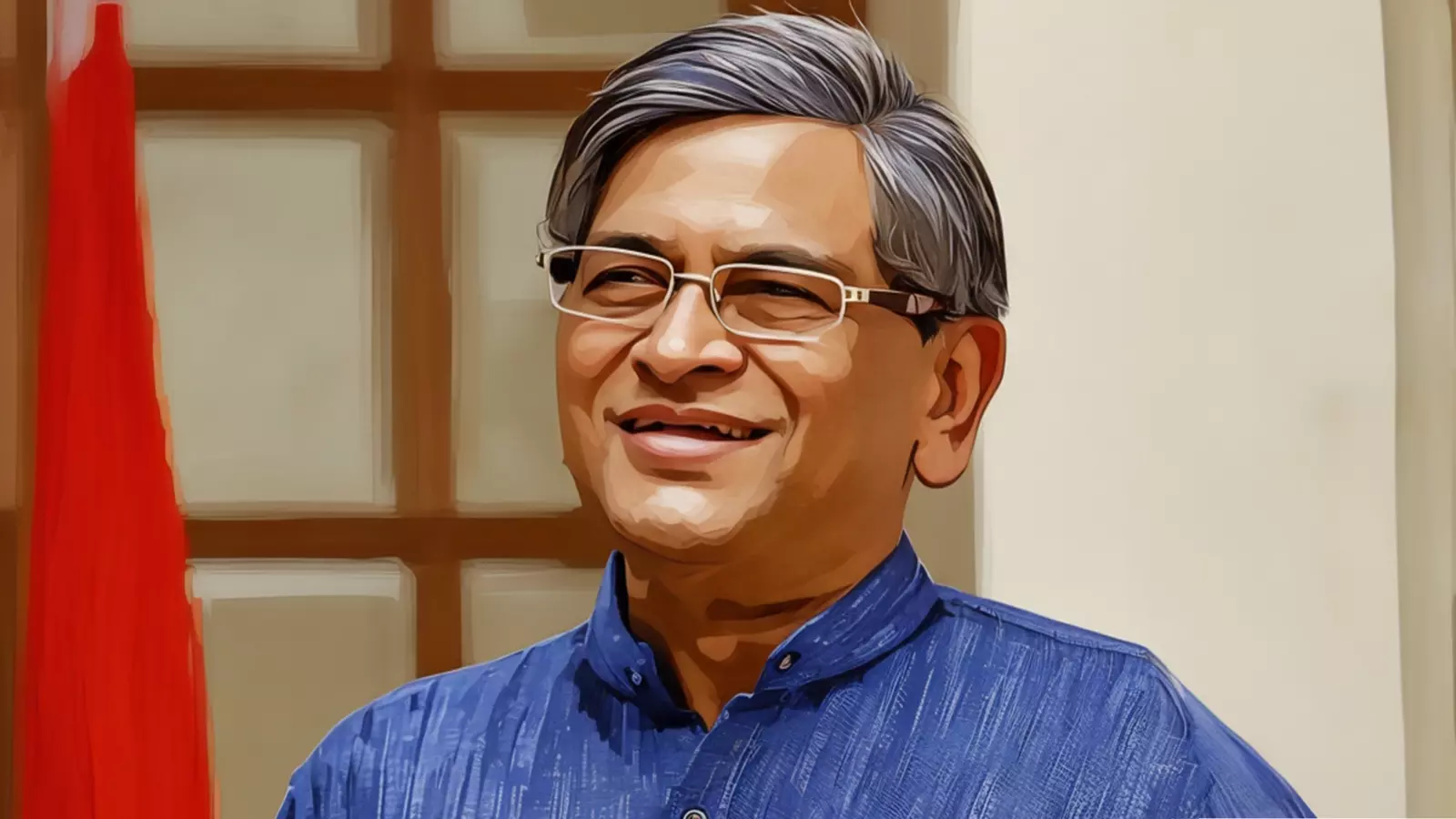
SM Krishna was to Karnataka, what Manmohan Singh was to India
Krishna will be remembered for his visionary leadership and as the CM who made Bengaluru what it is today, setting a template for other states to emulate

Long before Japanese Prime Ministers began making frequent visits to New Delhi in recent years, it was the former Japanese PM Yoshiro Mori, who first extended a hand of friendship to an Indian leader at the state level.
During his visit to Garden City in August 2000, the Japanese Prime Minister's gesture was more than diplomatic — it was a symbolic acknowledgement of the city's emergence as a burgeoning IT hub. The visit helped establish a framework for ongoing dialogue and cooperation between Indian and Japanese businesses.
This was instrumental in attracting further foreign direct investment (FDI) from Japan into India's IT sector, contributing to Bengaluru's evolution as a global technology hub.
Former chief minister SM Krishna, 92, who passed away early Tuesday morning, was to Karnataka what Manmohan Singh was to the Indian economy.
A Fulbright scholar, he plunged into politics after returning from the US and won his first state elections in 1962. In 1999, when Congress won the state elections, Krishna was the first choice to become the chief minister.
Also read: SM Krishna obit: A high-tech’ CM’s lessons on living and dying with dignity
Opening doors to foreign investors
During his tenure, Karnataka was the most happening place in India, competing with neighbouring Andhra Pradesh to attract foreign investment.
For every Microsoft that opened its software centre in Hyderabad, there was a Cisco, an SAP Labs, and an IBM that built their software centres in Bangalore, as it was known back then. Along with these companies, Oracle, Dell, and Intel established their second-largest hubs in the city outside the US.
Not just the IT companies, Toyota set up its manufacturing plant near Bangalore or Bengaluru in 1998 in a joint venture with the Kirloskar during Krishna’s tenure.
During Krishna’s tenure, Bengaluru was the first port of call for most CEOs of foreign multinational companies during their visits to India. These included global leaders like China's Premier Zhu Rongji and Britain Prime Minister Tony Blair and industry captains like General Electric Chairman Jack Welch, Intel CEO Craig Barett, and media mogul Rupert Murdoch.
Bengaluru also became a hub for several multinational companies for their back office operations, popularly called Business Processing Offices (BPOs), employing thousands to take advantage of cost arbitrage. This laid the foundation for Global Capability Centres offshore facilities to manage various business functions and processes for their parent organisations.
Today, Bengaluru boasts of around 900 such GCCs, the highest across cities in the country.
Also read: Former Karnataka CM SM Krishna, architect of Brand Bengaluru, dies at 92
Transforming Bengaluru's economic landscape
Krishna can also be credited with launching Global Investors Meet, a unique initiative to attack foreign investments before Gujarat and other states launched their versions.
During the first three years as chief minister, Karnataka attracted as much as ₹50,000 crore of investments. By the end of Krishna's tenure in 2004, Bengaluru's economic landscape had transformed considerably because of his various initiatives that promoted IT and infrastructure development.
The GDDP for Bangalore Urban was reported to be around ₹3,76,28.40 crore for the year 1999-2000. This reflects a substantial growth trajectory influenced by Krishna's policies.
Krishna realised that to attract foreign investments, he also had to create a robust infrastructure for Bengaluru. Hence, he roped IT czars such as founding members of Infosys, N R Narayana Murthy and Nandan Nilekani, Vivek Paul (ex-Wipro CEO), Wipro chairman Azim Premji, Biocon founder Kiran Mazumdar to draw up a template for the city.
First PPP
Under his chief ministership, Karnataka established the first public-private partnership, the Bangalore Agenda Task Force (BATF), to build a robust infrastructure and service delivery by leveraging private sector expertise. It conducted surveys to identify citizen concerns and prioritised projects that could yield quick results while laying the groundwork for long-term improvements in urban management.
The BATF successfully advocated for several key reforms, such as introducing door-to-door waste collection systems and computerising financial systems in city agencies. These initiatives enhanced operational efficiency and set benchmarks for best practices in urban governance across India.
Krishna will be remembered for his visionary leadership and as a chief minister who shattered the conventions of old-world politics.
He set a new benchmark for good governance paired with effective execution, a template for other states to emulate.

